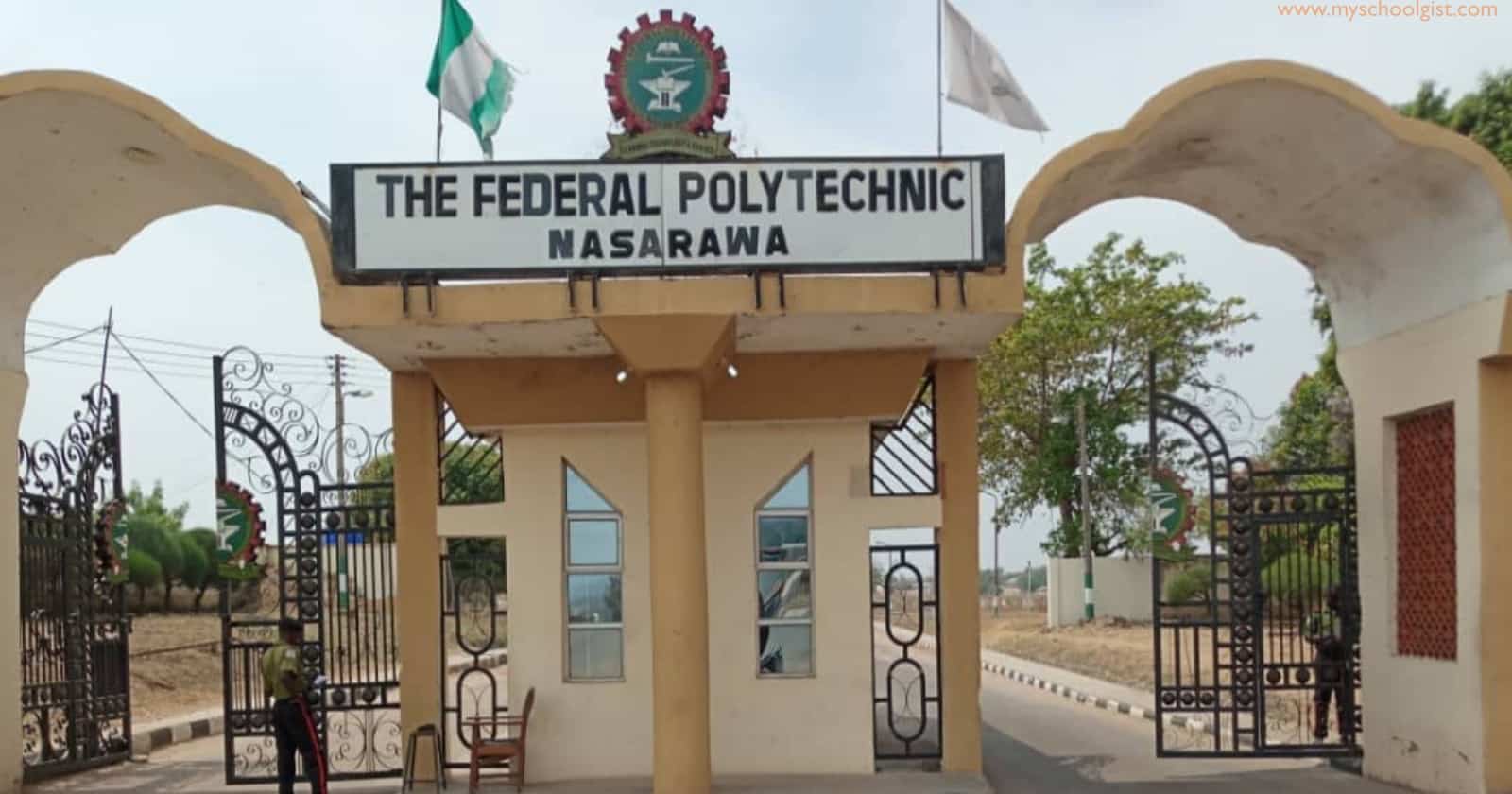By Uko Unyime
On June 4, 2025, over 20 armed men stormed the girls’ hostel of the Federal Polytechnic in Nasarawa State, robbing and terrorizing female students.
The act, involving weapons, forced entries, and violent threats, is the latest in a disturbing trend of campus insecurity, awakening questions regarding hostel safety and student welfare across the country.
But while the outrage is still fresh, questions about what threatened schools can borrow from more secure schools to protect their student population are now being asked.
Within and outside Nigeria, some university authorities have deployed new and innovative strategies to protect hostels and students.
In Nigeria, universities like the University of Lagos (UNILAG), Obafemi Awolowo University (OAU), the University of Nigeria (UNN), and Covenant University have been forerunners in adopting tech-based security solutions.
UNILAGS, for example, after security threats near its campus areas in 2022, installed biometric access control at hostel gates, 24/7 CCTV monitoring in corridors and entrances, and collaborated with the Lagos State Security Trust Fund (LSSTF) to deploy mobile police patrols around campus.
For OAU, it maintains a “campus marshal” unit, a locally organized, licensed vigilante group that supports school security in patrolling off-campus areas and hostels.
Following student protests in 2023 about rape and theft in hostels, OAU added night patrol vans with armed personnel and emergency whistle and horn stations for students to trigger alarms during attack.
In UNN, only verified students with hostel-specific IDs can enter dormitories. In early 2024, the school launched a QR code-based entry log in female hostels after rising concerns over impersonators.
Security officers are stationed also at each block entrance, and all unknown male visitors are timed and monitored during visitation hours.
Covenant University monitors female hostels with motion-detecting cameras. It also uses electric gates and biometric locks. The school is guarded by armed private security guards on a 24-hour shift.
Schools like Ahmadu Bello University, Babcock University, and the University of Ibadan have also taken similar measures to protect students and hostels.
Across the border, Ghana’s most innovative university, Kwame Nkrumah University of Science and Technology (KNUST), has deployed night-vision CCTV systems across campus, especially around off-campus hostels.
It has a 24-hour security control center that responds to distress calls via their student safety mobile app, and a campus emergency number linked with Kumasi’s local police and fire services.
These success stories are proof that universities can use multi-layered approaches to improve hostel safety across Nigeria.
Combining smart technologies—CCTV, biometric access, and panic apps— with collaborative approaches—student engagement, anonymous hotlines, education on emergency protocols, advanced training of security staff and hostel patrons—can be a game changer for schools like the Federal Polytechnic in Nasarawa Poly.
On June 4, 2025, a group of over 20 armed men invaded the girls’ hostel of the Federal Polytechnic in Nasarawa State, Nigeria, further highlighting a concerning trend of campus insecurity across the nation.
This incident has triggered discussions on adopting innovations from more secure institutions to boost student safety.
In Nigeria, universities like the University of Lagos, Obafemi Awolowo University, University of Nigeria, and Covenant University have implemented technology-driven security solutions to safeguard student hostels.
These measures include biometric access, 24/7 CCTV surveillance, campus vigilantes, and emergency alarm systems.
Covenant University relies on motion-detecting cameras and biometric locks secured by armed guards, while UNN employs student-specific IDs for hostel entry.
Internationally, Ghana's Kwame Nkrumah University of Science and Technology uses night-vision CCTV and a 24-hour security control center linked to local emergency services to protect students.
By employing multi-layered security measures, such as advanced technology (CCTV, biometric systems, mobile safety apps) and cohesive strategies (student involvement, education on safety protocols, and anonymous hotlines), educational institutions can significantly enhance security and reduce incidents of violence and theft in student hostels.
These multilateral approaches could serve as a model for institutions, including the Federal Polytechnic in Nasarawa, to improve the safety and welfare of their student communities.






